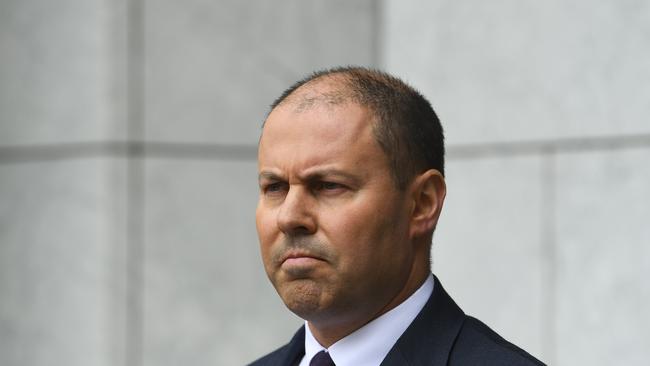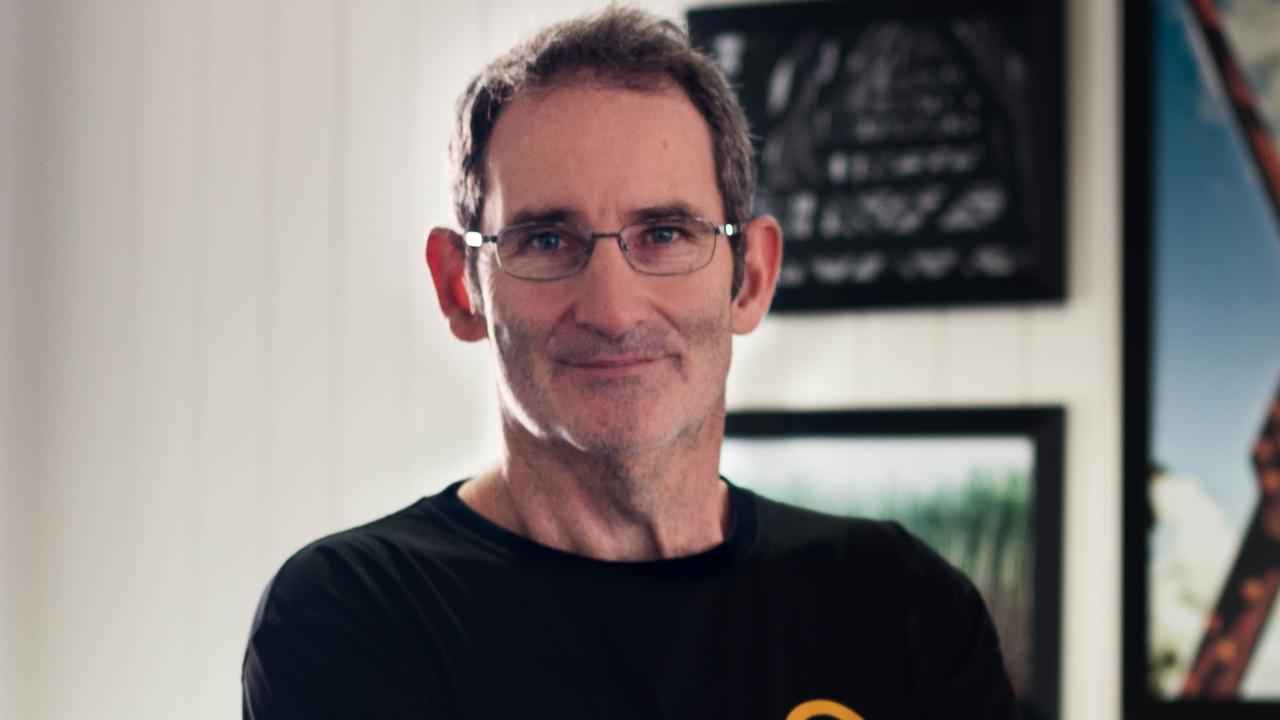No plans to change super guarantee schedule: Treasurer
Josh Frydenberg says the government has “no plans” to derail the planned increase in the super guarantee by 2025.

Treasurer Josh Frydenberg says the government has “no plans” to derail the planned increase in the superannuation guarantee from 9.5 to 12 per cent by 2025, after Chris Bowen warned against any further delays to the ramping up of the compulsory contribution.
The battle over the super guarantee rate comes after The Australian revealed cabinet members were deliberating on policy proposals informed by Treasury’s confidential new modelling, known as MARIA (Model of Australian Retirement Incomes and Assets), outlining the “adequacy and equity” of retirement incomes.
The Treasury has been developing its MARIA model since 2017 in a generational overhaul of its systems, which provide long-term projections of age pension expenditure and take-up, superannuation savings and the level of retirement incomes. The unreleased MARIA modelling has found projections of the share of GDP Australia spends on the age pension is “consistent” with a fall of 2.7 per cent last year to 2.5 per cent in 2038 — significantly lower than previous estimates of the cost of providing the pension.
But the Treasurer today told The Australian there would be no change to the schedule to further increase the rate of compulsory super, despite concerns about the extra cost to the budget of the tax concessions in the super system or the questionable benefit to low and middle income workers would gain from a higher super rate.
“The government has no plans to change the Superannuation Guarantee increasing to 12 per cent by 2025,” The Treasurer said.
Speaking at a banking and wealth management industry conference in Sydney this morning, opposition Treasury spokesman Chris Bowen said the Liberal party had too often seen super as an ideological culture war or a political wedge.
“This has been no more obvious in the area of adequacy, where we’ve seen successive delays to legislated increases in the superannuation guarantee,” Mr Bowen said.
“Just last week I mentioned my concerns about the government reneging again on the current 12% superannuation guarantee schedule. And yesterday I read that the Government is indeed considering further delays to an increase in the SG as we see new confidential Treasury modelling suggesting aged pension costs will be less than expected under existing policy settings,” he said. “It would seem my concerns are well founded.”
“Let me make it clear that the Labor Party does not regard a 9.5 per cent SG as providing adequacy — we will brook no further delay to the legislated timetable.”
The government has been under pressure to scrap the ¬planned increase in the superannuation guarantee from 9.5 to 12 per cent, which was partially frozen by the Abbott government.
The Grattan Institute has found increasing the rate would overwhelmingly benefit wealthier savers, hurt poorer workers by forcing them to put aside more of their disposable income for meagre increases in savings, and cost the federal budget an extra $2bn a year in tax concessions.
Bernie Dean, chief executive of Industry Super Australia, said a further delay in the super guarantee to top up personal income tax cuts could leave Australians worse, not better off.
“The problem is, workers would miss out on the benefit of compound interest which will dwarf any short term benefit,” Mr Dean said. “It would be hard to think of a more shortsighted policy that will leave us less prepared for an ageing society,” he said.
Grattan Institute John Daley said asking people to give up potential wage increases in return for extra super “didn’t make sense” as most savers would be drawing down 90 per cent of their pre-retirement income in retirement under current policy settings.
“Could someone please remind us, what problem they think we are trying to solve when we increase the super guarantee,” Mr Daley said. “Other than increasing revenue for superannuation funds without them having to do anything, I can’t see any other problem that we’ve got.”
“The government should be thinking about reviewing the super guarantee,” he said.


